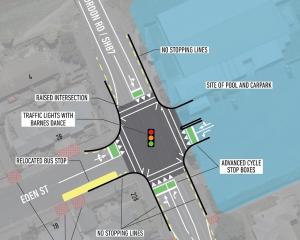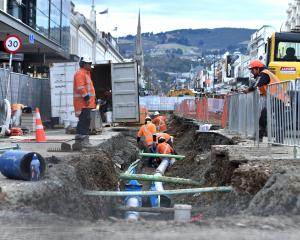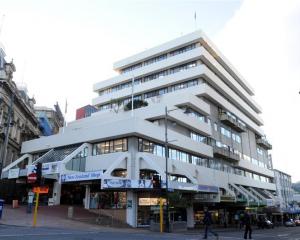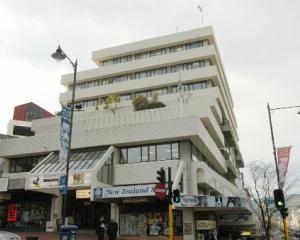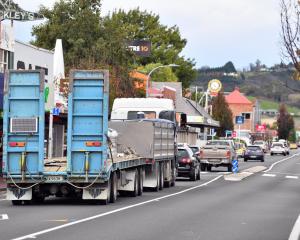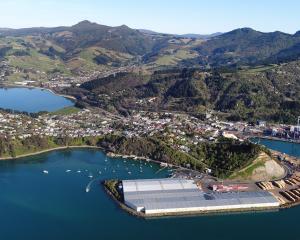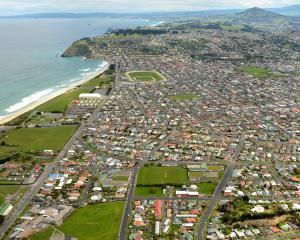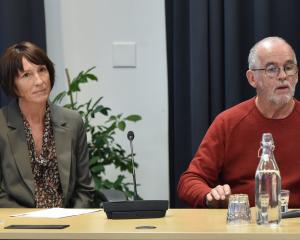There were rounds of applause as owners of rural lifestyle blocks, and those who saw themselves as farmers in every sense of the word, argued against being charged residential rates at yesterday's Dunedin City Council annual plan hearing.
Councillors were confronted by a steady stream of submissions from rural property owners upset at the proposed changes which could result in smaller lifestyle block owners' properties being rezoned and the owners forced to pay residential, rather than farmland, rates.
The proposal came from a change in the way Quotable Value assessed properties, including whether properties were a viable economic entity, councillors heard.
However, several submitters argued their properties, while smaller than large farms, could not be considered anything but a farm.
Others conceded their properties were not farms, but not residential properties either.
Elaine Watson said she ran sheep, cattle and horses on her 17.1ha property on Three Mile Hill Rd, and also produced and sold baleage and had a forestry block.
It was "absolutely remarkable" that, based on QV's assessment of her property, the council was considering changing her property's zoning and requiring her to pay more expensive residential rates.
Her property had no access to any of the council services, such as street lighting or rubbish collection, that would be expected by owners of a residential property, she said.
"I farm my property to cover costs and make a profit. That's what you do with a farm ...
"If mine isn't a traditional farm, what is?" Brendan Moore, of Dunedin, said much of his 20ha property on the Chain Hills was covered in trees in which he had invested $50,000.
"To call this property a residential property is stretching the imagination beyond my limit, it really is."
Otago Peninsula property owner Jane Ashman said she could understand the logic of reclassifying some properties, but believed bush-covered lifestyle blocks contributed to the city's biodiversity.
"We are not residential and we are not economic farms ... with our strips right along the Peninsula ... we are regenerating native bush.
"There are those of us in the middle doing really good things," she said.


